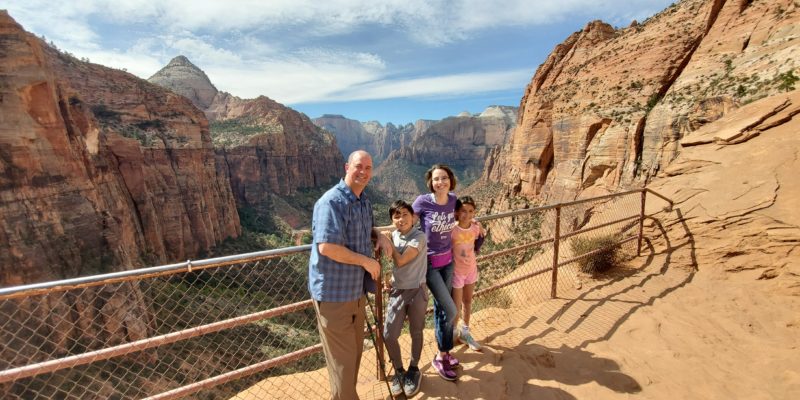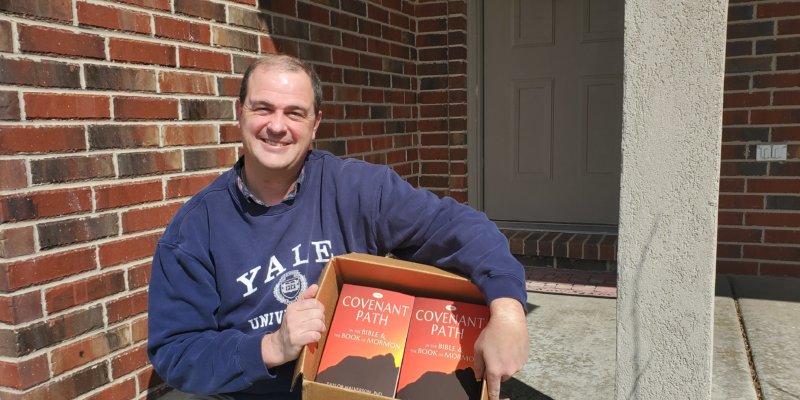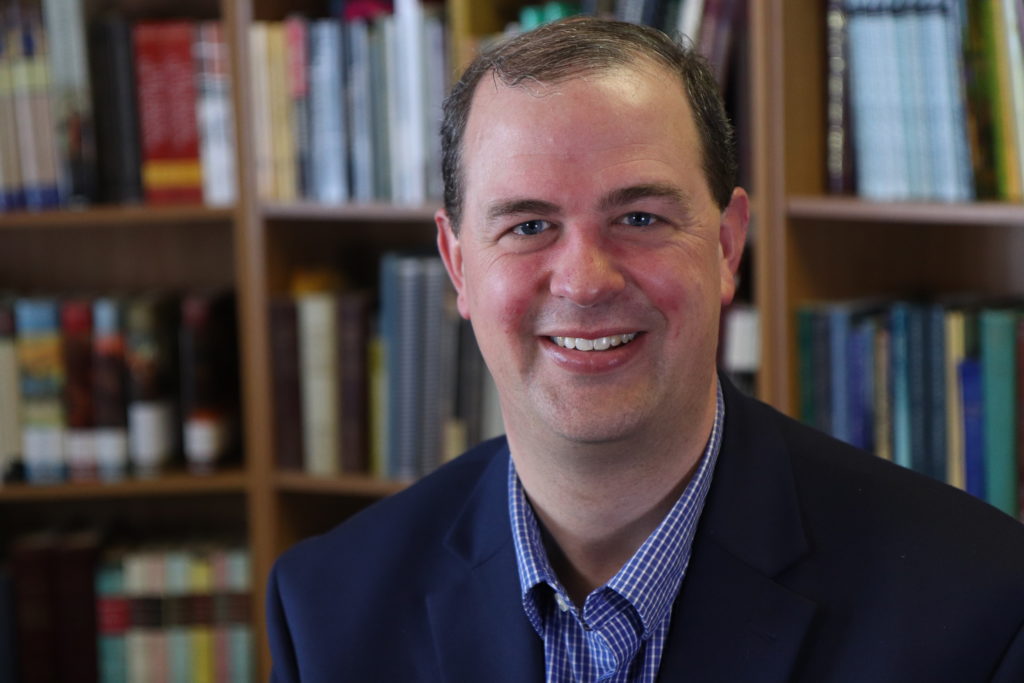Clayton Christensen (Harvard business school professor) and author of “The Innovative University” came to BYU’s campus a few weeks ago. Wow, he nailed it. Disruptive innovation is already happening. It may be in slow motion, but innovation is coming nonetheless. I have an interesting perspective on the changes in Higher Ed because I received a PhD in one of the most traditional fields in liberal education imaginable: Biblical Studies. From some in this field I hear the equivalent of “If Moses didn’t use it, we don’t either.” Well, luckily enough we know that Moses did make use of tablets. So now the technology is finally catching up again to where Moses was so many long years ago.
On the other side, I completed another PhD in Instructional Technology. This field focuses on the key question: how do you improve teaching and learning. And in this field we use any and all means (legitimate, of course) to find answers. I’ve published a book on the topic and I have a number of professional work opportunities in this area that give me insight into the innovative changes in Higher Ed. I work full time as a teaching and learning consultant at Brigham Young University providing resources and training to faculty members on the topics of teaching and learning improvement. I also am faculty at a fully online university, Capella University. I am part of Capella’s Instructional Design for Online Learning department training Masters and Doctoral students in the theories and practices of designing and implementing learning in a wide variety of context. Capella represents one node in this disruptive network of innovation that is coming to higher ed.
I also teach at Brigham Young University, a traditional brick-and-mortar institution. My World Civilization class entitled “History of Creativity in the Arts, Science, and Technology” challenges me all the time to determine how to best help learners learn when there are so many fabulous learning resources available. Is it my role to dump content on the students or to give them challenging, guided activities where they learn to learn for themselves in the content and context areas of world civilizations? Very challenging question and endless fun and fascinating to try to answer.





